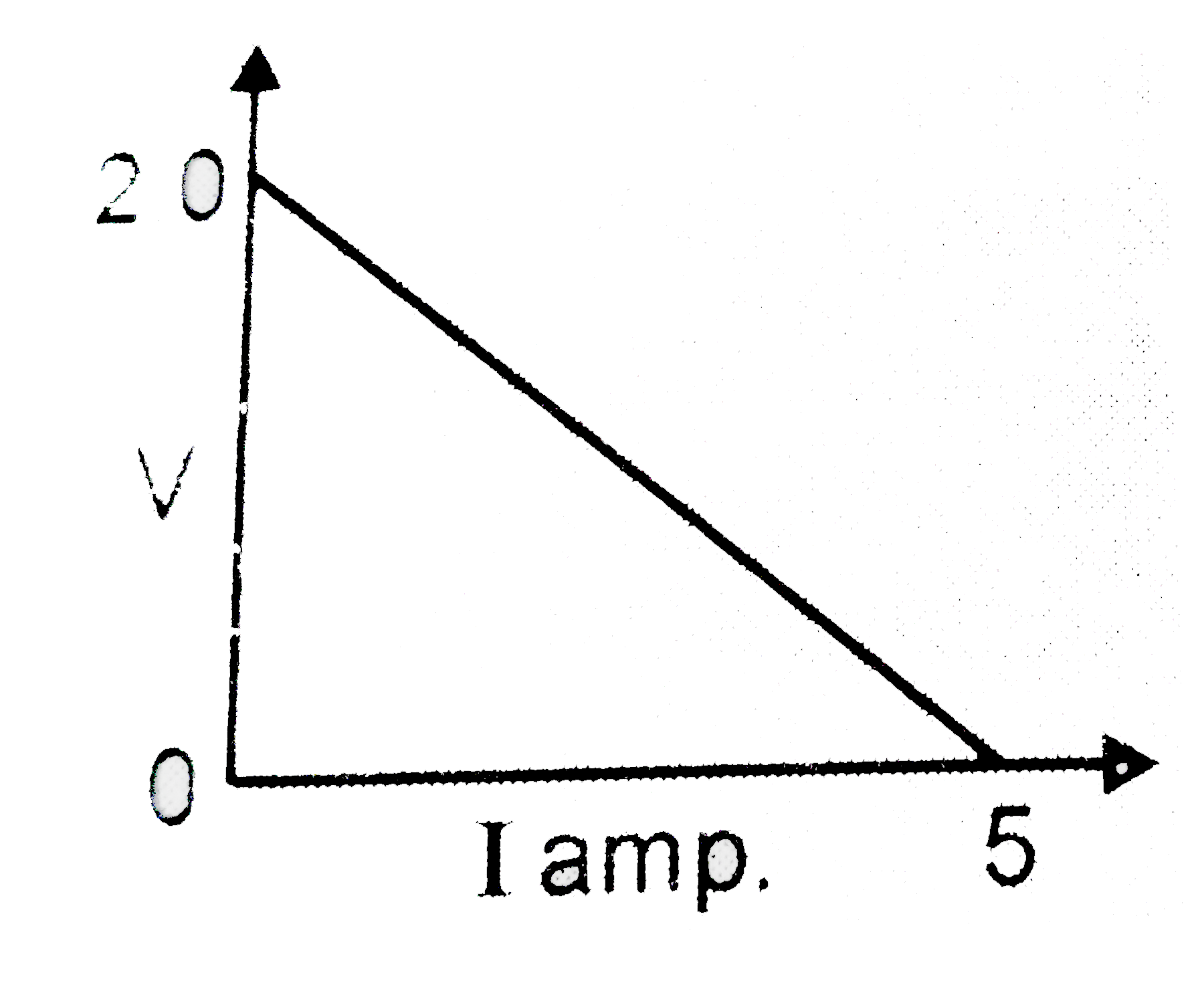The difference between the electrode potentials of two electrons when no current is drawn through the cell is called:
Cell potential
Cell emf
Potential difference
Cell voltage
Step by step video & image solution for The difference between the electrode potentials of two electrons when no current is drawn through the cell is called: by Chemistry experts to help you in doubts & scoring excellent marks in Class 12 exams.
Updated on:21/07/2023Topper's Solved these Questions
- ELECTROCHEMISTRY BOOK - MODERN PUBLICATIONCHAPTER - ELECTROCHEMISTRY EXERCISE - NCERT FILE NCERT NCERT EXEMPLAR PROBLEMS (Matching Type Questions)
6 Videos
- ELECTROCHEMISTRY BOOK - MODERN PUBLICATIONCHAPTER - ELECTROCHEMISTRY EXERCISE - NCERT FILE NCERT NCERT EXEMPLAR PROBLEMS (Assertion and Reason Type Questions)
10 Videos
- ELECTROCHEMISTRY BOOK - MODERN PUBLICATIONCHAPTER - ELECTROCHEMISTRY EXERCISE - NCERT FILE NCERT (TEXTBOOK EXERCISES)
27 Videos
- D AND F-BLOCK ELEMENTSBOOK - MODERN PUBLICATIONCHAPTER - D AND F-BLOCK ELEMENTSEXERCISE - UNIT PRACTICE TEST
12 Videos
- GENERAL PRINCIPLES AND PROCESSES OF ISOLATION OF ELEMENTSBOOK - MODERN PUBLICATIONCHAPTER - GENERAL PRINCIPLES AND PROCESSES OF ISOLATION OF ELEMENTSEXERCISE - COMPETION FILE (Integer Type Numerical Value Type Questions)
5 Videos
Similar Questions
Knowledge Check
The difference between the electrode potentials of two electrodes when no current is drawn through the cell is called ……………….
Acell potentialBcell emfCpotential differenceDcell voltageThe difference between the electrode potentials of two electrons when no current is drawn through the cell is called:
ACell potentialBCell emfCPotential differenceDCell voltageAssertion :EMF of the cell is the potential difference between the electrode potentials of the cathode and anode when no current is drawn through the cell.
Reason: Anode is kept on the right side and cathode on the left side while representing the galvanic cell.AIf both assertion and reason are true and reason is the correct explanation of assertion .BIf both assertion and reason are true but reason is not the correct explanation of assertion .CIf assertion is true but reason is false .DIf both assertion and reason are false .
The electrode potential of oxidation half cell
View SolutionThe electrode potential of oxidation half cell
View SolutionCurrent drawn from the cell is maximum when:
View SolutionThe potential difference between two points also called
View SolutionFor a cell, the graph between the potential difference (V) across the terminals of the cells and the current I drawn from the cell is as shown in figure. Calculate the e.m.f. and the internal resistance of the cell.

View Solution
